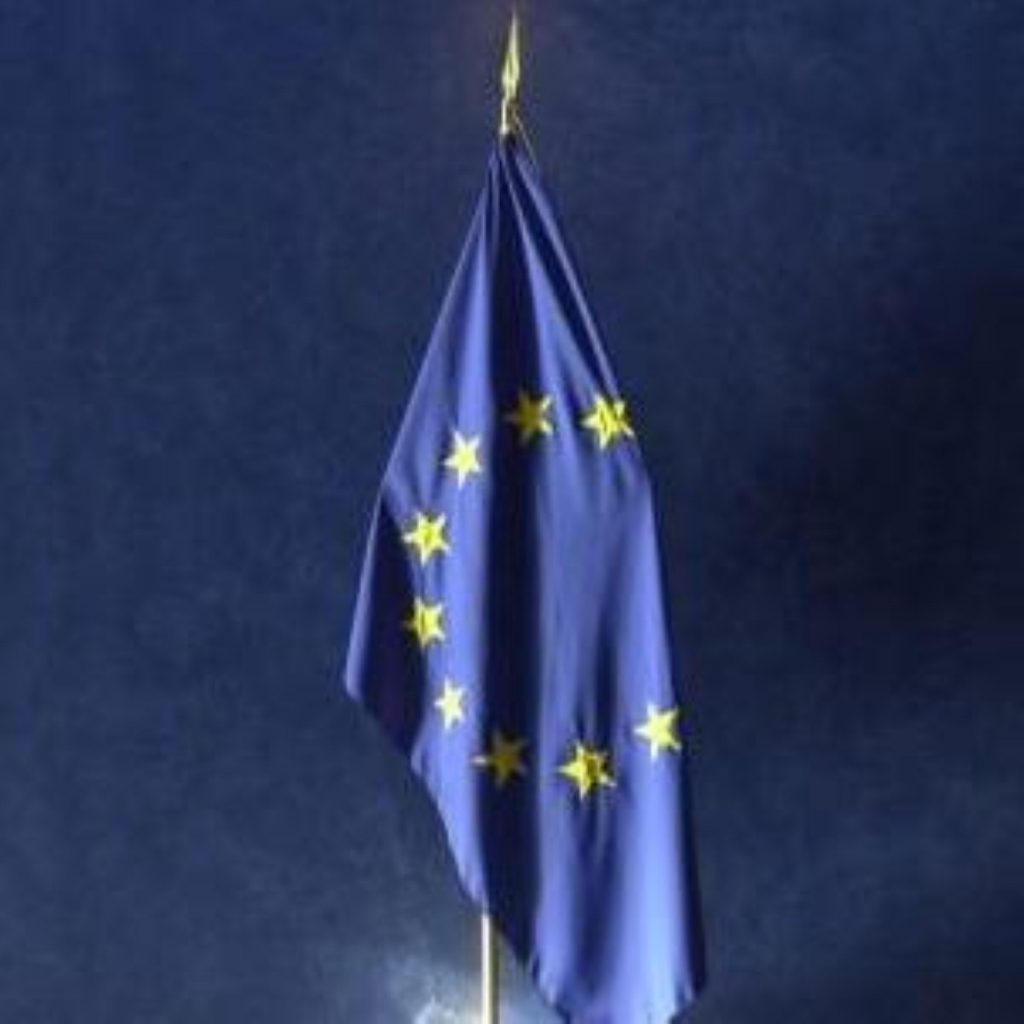Cameron forges alliance to push for austerity in EU budget
The prime minister has claimed support from France and Germany for a more restrained EU budget for the next six-year tranche of funding.
Mr Cameron is attempting to persuade European colleagues at a summit today in Brussels to only increase EU spending between 2014 to 2020 in line with inflation.
He said: “While we’re making cuts in our own country, it is unacceptable that we keep spending more and more and more through the European Union.”


Claiming he had support from France and Germany, he added: “This is real progress.”
“This is Britain, France and Germany – the three biggest countries in the EU – standing together united on the need for stopping the EU budget getting out of control.”
The news comes after Britain pushed for a freeze in the budget for next year. Mr Cameron claimed victory when the planned rise of 6% was limited to 2.9%.
The PM is expected to face heavy opposition from countries who benefit from EU regional funding the most, such as Poland, while most of the ministers assembled in Brussels are preoccupied with securing agreement on the future plans to protect the Eurozone.
EU heads of state have been meeting in Brussels to wrangle over the wording of an amendment to the Lisbon treaty which will create a permanent mechanism for rescuing struggling eurozone economies.
Mr Cameron said that agreeing the mechanism was important for Britain, but insisted that the agreement would protect the UK, as a non-member of the single currency, from contributing.
Several countries, including Spain and Portugal, have been the subject of huge concern over the stability of the single currency after the 85 billion euro bailout of Ireland, which has suffered a severe downgrading of its credit rating by the agency Moody’s as a result.
The new permanent mechanism requires a minor treaty amendment but, crucially, not the referenda which blighted the passage of Lisbon. It will come into operation in 2013.
The funds will kick in only “if indispensable to safeguard the stability of the euro as a whole”, but recipient countries would have to commit to sweeping austerity measures, as has been seen in Ireland.
It will replace the 750bn-euro temporary bail-out fund, the European Financial Stability Facility (EFSF).
Mr Cameron has been walking a tightrope between his fellow EU heads of state, who are desperate to institute new measures to save the euro in a bid to assuage the growing concerns of financial markets, and many of his own backbenchers.
The prime minister has argued that since the new mechanism only concerns the 16 eurozone countries, there was no need for a referendum on the treaty change which he pledged if there was any change in Britain’s relationship with the EU.
Separately, Mr Cameron has been pushing for a guarantee that the new mechanism will mean Britain will not have to – as it did during the financial crisis – contribute to eurozone bailouts through the use of an obscure article in the Lisbon treaty.
Article 122 allows for all EU countries to contribute to rescue package for countries suffering calamities “beyond their control”, designed primarily for cases of natural disaster rather than economic instability.
A Downing Street statement expressed optimism that Mr Cameron had secured that commitment, though not in a legally binding way.
It read: “The prime minister is confident that this wording is a very strong political agreement that will prevent Article 122 being used for financial bailouts.”
But shadow foreign secretary Yvette Cooper said: “David Cameron has achieved little for Britain. The EU Budget is still going up by 2.9 per cent this year, and there is no serious plan to get the budget down in future years.
“In reality David Cameron is desperately trying to appear tough in front of his eurosceptic backbenchers at home, but is failing to appease them. He has offered nothing of substance other than agreeing to give more money to the EU.”

